From the Index on Censorship magazine archive, November 1977, banned novelist, playwright, and short story writer Milan Kundera writes on committed literature, the death of the novel, the nature of comedy, and more


From the Index on Censorship magazine archive, November 1977, banned novelist, playwright, and short story writer Milan Kundera writes on committed literature, the death of the novel, the nature of comedy, and more
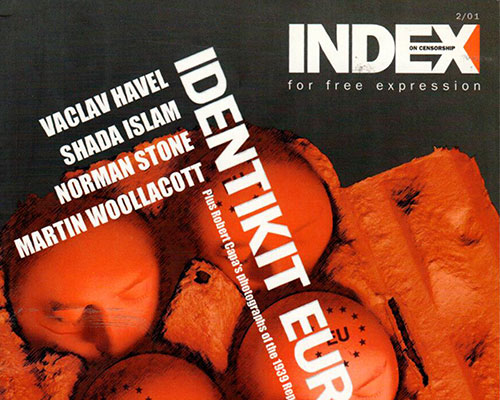
This reading list collates a number of articles looking at the relationship between comedy and censorship, including a recent piece by Samm Farai Monro aka Comrade Fatso
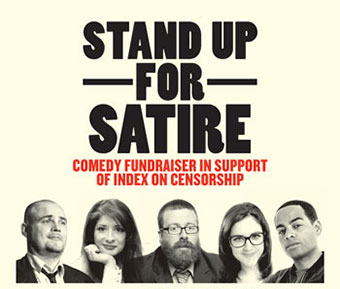
From Index on Censorship magazine January/February 2000, edited transcripts of satirical works by the late Colombian journalist and humourist Jaime Garzion
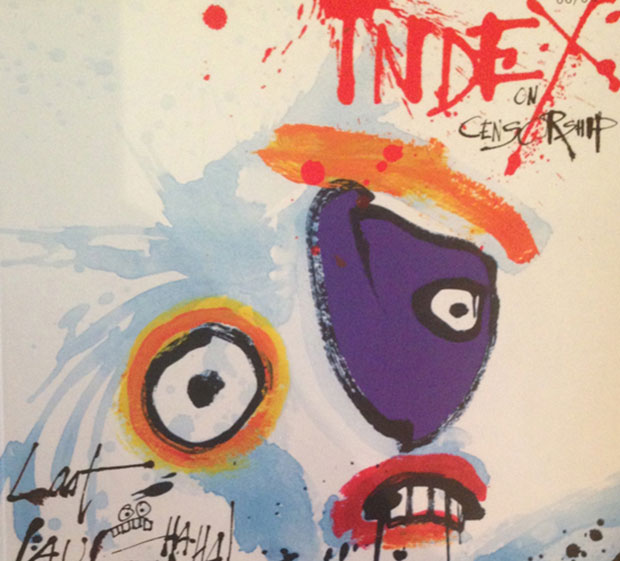
From the November/December 2000 issue of Index on Censorship magazine, Scott Capurro discusses how political correctness and the dumbing down of the media is killing comedy.

Ann Morgan’s challenge to read a book from every country in the world led her to discover a host of censored writers, including novelists from Turkmenistan and Uzbekistan.

From the spring 2005 issue of Index on Censorship magazine, one of Britain’s foremost comedians Rowan Atkinson opposes the government’s proposed law of Incitement to Religious Hatred in a speech given to the House of Lords

Zimbabwean artist and satirist Samm Farai Monro aka Comrade Fatso outlines the growing satire scene in Zimbabwe and the dangers he and fellow comedians face from government crackdowns.
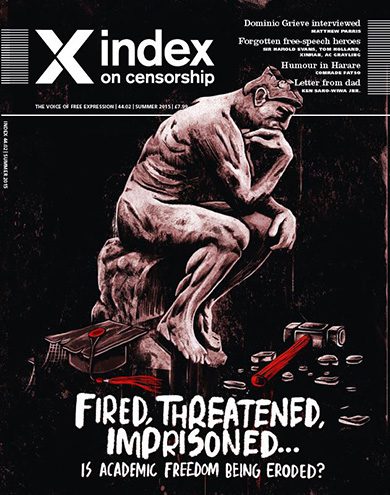
With threats ranging from “no-platforming”, to governments trying to suppress critical voices, and corporate controls on research funding, academics and writers from across the world have signed Index’s open letter on why academic freedom needs urgent protection
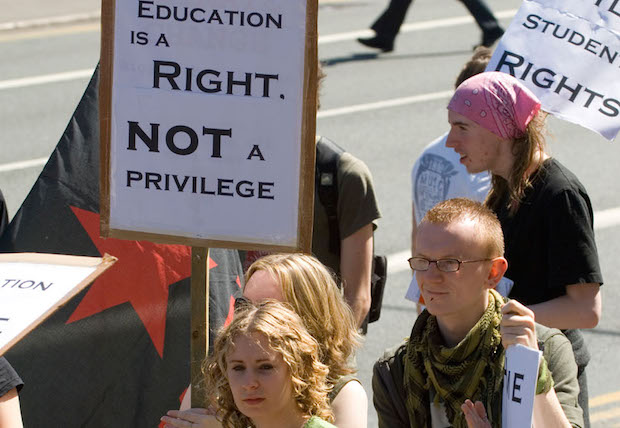
From a government crackdown on extremism to marketing departments’ concerns over branding, lecturer Thomas Docherty looks at the threats to the tradition of free discussion on campus

Index on Censorship magazine editor Rachael Jolley chairs a panel of assistant features editor at the Yorkshire Evening post Chris Bond, imam Qari Muhammad Asim MBE and author Anthony Clavane
A quarterly journal set up in 1972, Index on Censorship magazine has published oppressed writers and refused to be silenced across hundreds of issues.
The brainchild of the poet Stephen Spender, and translator Michael Scammell, the magazine’s very first issue included a never-before-published poem, written while serving a sentence in a labour camp, by the Soviet dissident Aleksandr Solzhenitsyn, who went on to win a Nobel prize later that year.
The magazine continued to be a thorn in the side of Soviet censors, but its scope was far wider. From the beginning, Index declared its mission to stand up for free expression as a fundamental human right for people everywhere – it was particularly vocal in its coverage of the oppressive military regimes of southern Europe and Latin America but was also clear that freedom of expression was not only a problem in faraway dictatorships. The winter 1979 issue, for example, reported on a controversy in the United States in which the Public Broadcasting Service had heavily edited a documentary about racism in Britain and then gone to court attempting to prevent screenings of the original version. Learn more.